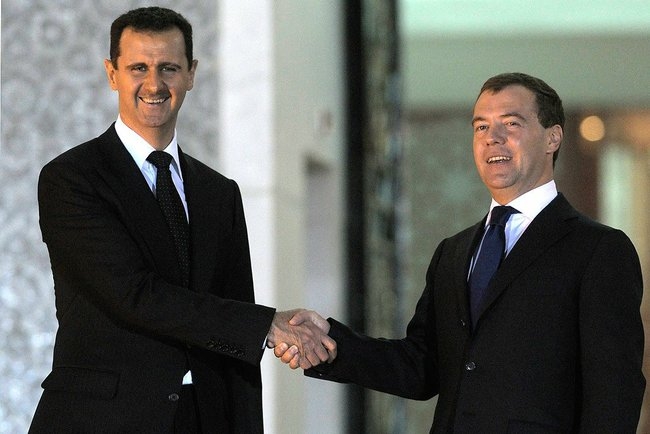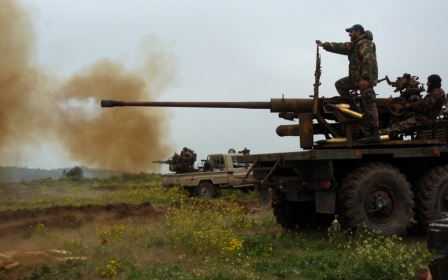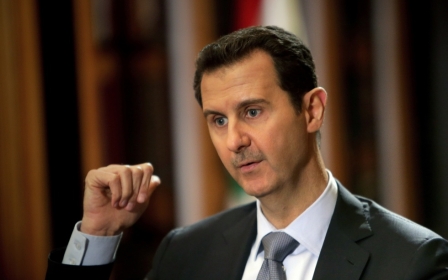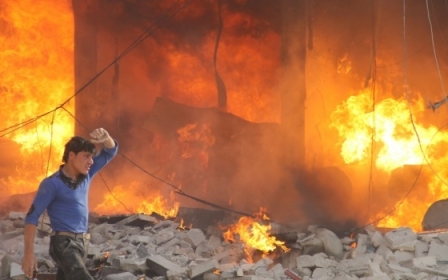Expatriate Syrians begin voting

Syrians in Iran, Korea and Malaysia headed to polling stations on early Wednesday morning on the first day of voting for Syrians abroad in the presidential elections, said the Syrian news agency SANA.
Syrian embassies will be open for voting a single day for those living abroad to cast their ballot.
Several international and opposition forces have criticised the decision to hold an election amid the country's civil war. Twelve Arab countries as well as France, Germany, Belgium, the Emirates and Saudi Arabia declared that they will not be hosting the vote.
Countries where Syrian embassies are closed down, including the US, UK and Greece, will also not hold elections.
Despite the expulsion of the Syrian ambassador to Jordan on Monday, 1.3 million refugees are reportedly able to vote in the capital Amman on Wednesday. Syria's embassy in Beirut was also open for refugees registered to vote, who are believed to number around 500,000.
New MEE newsletter: Jerusalem Dispatch
Sign up to get the latest insights and analysis on Israel-Palestine, alongside Turkey Unpacked and other MEE newsletters
Syria has established an online system to counter the countries preventing Syrian residents from voting, according to Elijah Magnier, chief international corresondent for El Rais newspaper. Voters will need to input their name, ID number and their vote. The system will be monitored by representatives of all three candidates in an electoral room in Damascus, Magnier said. However, the system has not been well-publicised so many eligible voters may not know to use it.
Syrians living in the country are scheduled to cast their votes on 3 June, where current Syrian President Bashar al-Assad, is expected to clinch re-election effortlessly. The vote has been dismissed as a "farce" by the Syrian opposition and a "parody of democracy" by the United States.
Assad believes he has saved his regime from a brutal three-year insurgency, despite international isolation and calls for his departure.
Running alongside Assad are member of parliament Maher Hijazy and former minister Hassan Al-Nuri.
Nuri said recently that the country's conflict began because of the regime's poor economic management and a minority elite monopolising wealth.
"Today there is a nationwide war and a foreign plot, but in the beginning, people took to the streets to demand rights. We mustn't forget that," he said.
Middle East Eye delivers independent and unrivalled coverage and analysis of the Middle East, North Africa and beyond. To learn more about republishing this content and the associated fees, please fill out this form. More about MEE can be found here.





